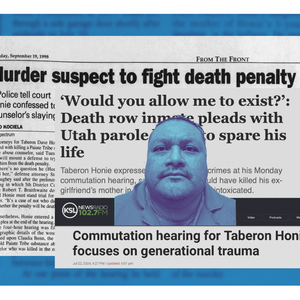A recent report issued by the Kansas Judicial Council Death Penalty Advisory Committee examines the state’s application of capital punishment and the hefty price tag of seeking the death penalty. The Committee found that since Kansas reinstated the death penalty in 1994 there were 44 potential capital cases involving minority victims. However, none of these cases resulted in a death sentence. Of the eight defendants in Kansas who did receive death sentences, all of their victims were white. Of those eight cases, six originated in Sedgwick County and only two cases were from the entire rest of the state.
This disparity may be partially due to the high costs associated with capital punishment. The report noted that the cost of prosecuting a death penalty case is generally quite high because each side is more likely to employ costly expert witnesses and subsequent appeals are financially draining. The Committee concluded that larger and more populous counties in Kansas — such as Sedgwick County — can more readily absorb the cost of death penalty litigation because of a larger tax base.
In addition to the issues of race, costs, and geographic disparity, the panel also examined issues such as innocence, deterrence, and the state’s ability to meet the needs of all murder victims’ family members. (Report of the Kansas Judicial Council Death Penalty Advisory Committee on Certain Issues Related to the Death Penalty, November 2004) Read the Report. See also, Race and Costs.
Costs
Sep 11, 2024


